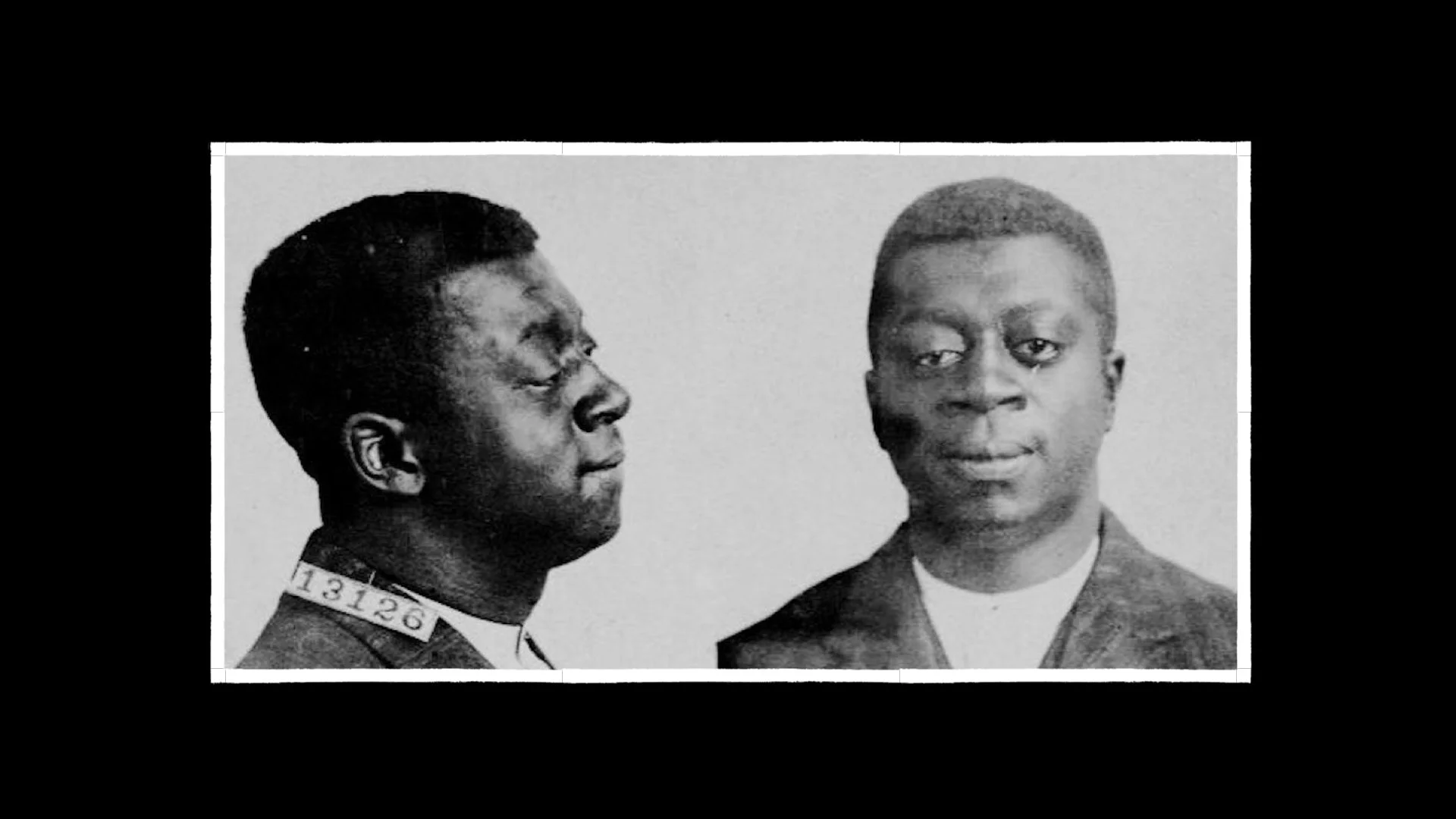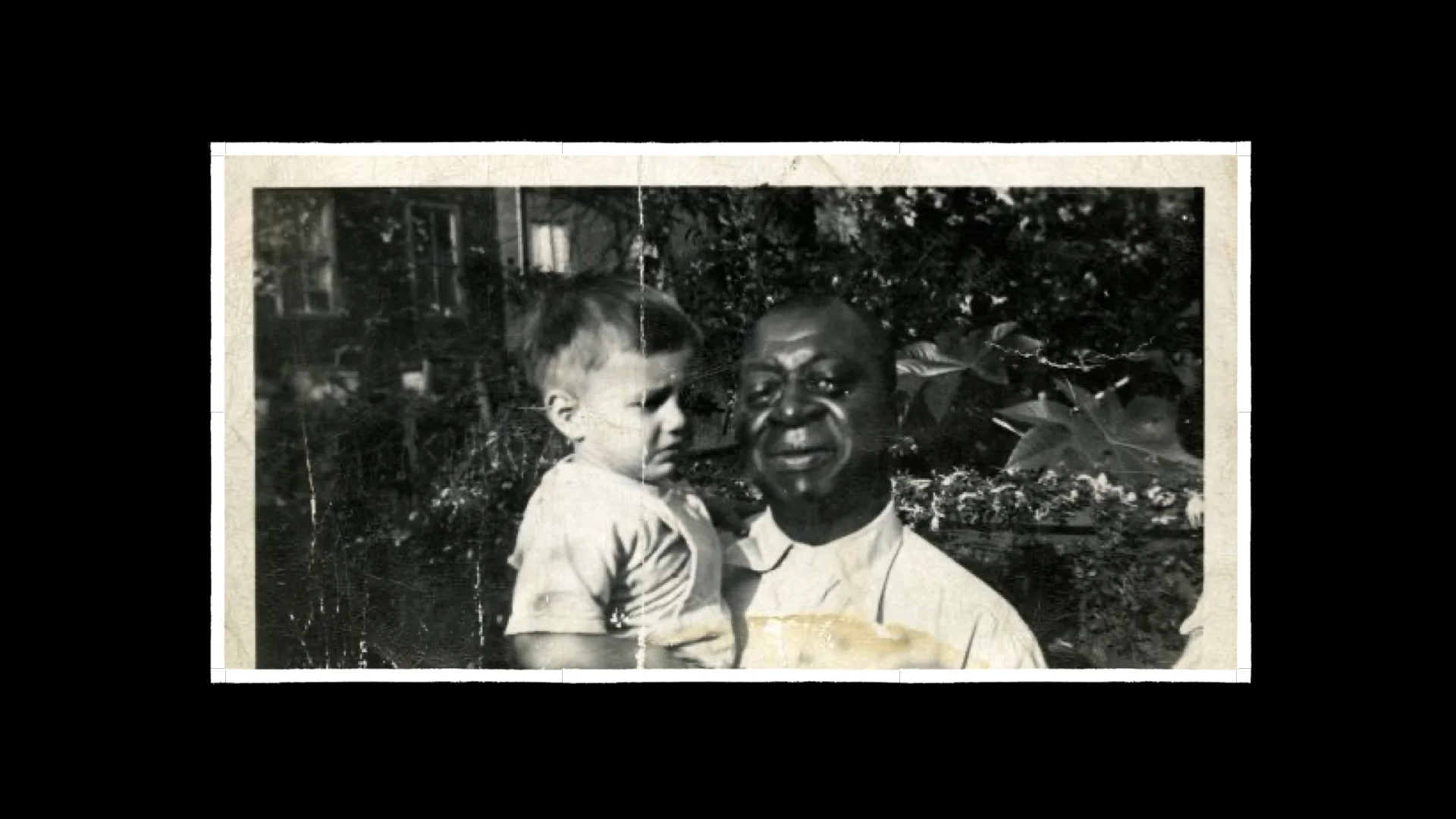#BlackHistoryMatters: Ben Fletcher
by Dr. Anthony Ratcliff, California State University Los Angeles
Benjamin Harrison Fletcher was a revolutionary Black worker, public orator, and militant labor organizer with the Industrial Workers of the World (IWW). In April 1890, he was born to African American parents who migrated to Philadelphia, PA, from post-Reconstruction era Virginia. One of Fletcher’s first jobs was working as a general laborer, but he soon became a longshoreman at the Philadelphia docks. During this time, he would join the Socialist Party in 1910 and subsequently the IWW in 1912. The IWW’s revolutionary advocacy of direct action, industrial unionism, anti-capitalism, and anti-racism attracted Fletcher and thousands of other Black workers to join the union. Before organizing other dock workers, Fletcher spoke at several street rallies sponsored by IWW. He also worked as secretary of Local 57, which served laborers who did not have an industry-specific union local. In addition, he wrote numerous articles for IWW’s publication Solidarity starting in 1912.
In May 1913, Fletcher led 4,000 longshoremen on strike for raises, an end to the practice of racially segregating workers into “gangs,” and recognition of Local 8 of the Maritime Transit Workers (MTW). Fletcher traveled to Baltimore and other port cities on the eastern seaboard to build solidarity for the longshoremen on strike in Philadelphia. Following the successful two-week strike, he and the majority-Black Local 8 continued to employ direct action tactics to increase their gains and push for greater worker power on the docks. By 1917, Local 8 not only controlled nearly all ports in Philadelphia and surrounding areas, but they had also won their demand for $.65 per hour, more than doubling their initial gains from 1913.
As the United States entered World War I in 1917, however, the federal government sought to destroy the nationwide power of the IWW by imprisoning 166 labor leaders for espionage, conspiring to strike, and mail fraud. Because the Philadelphia docks were strategically important to the U.S. war effort, Fletcher became the only Black labor leader indicted, convicted, and ultimately sentenced to 10 years in prison. He eventually served three years in Leavenworth Prison before being released on bail in 1920 and returning to organize with Local 8. By then, the Communist Party had begun to eclipse the IWW as the leading organization advocating revolutionary unionism. While Fletcher continued to champion direct action and racial equality as keys to winning power at the point of production, the IWW no longer had the same ability to convince large numbers of Black workers to join the union.
In the early 1930s, Fletcher relocated from Philadelphia to the Bedford-Stuyvesant section of Brooklyn, where he worked as a cigar roller and building superintendent until his passing in 1949. Ultimately, he is not as well remembered as many of his contemporary Black labor leaders, such as A. Philip Randolph, Chandler Owen, Lucy Parsons, Hubert Harrison, or Harry Haywood. Nevertheless, at a time when most labor unions excluded Black workers or maintained segregated locals, Ben Fletcher was one of the foremost radical Black labor organizers in the United States.
Dr. Anthony J. Ratcliff is a tenured Associate Professor in the Department of Pan-African Studies at California State University, Los Angeles. He earned a Ph.D. in African American Studies from the University of Massachusetts, Amherst. Dr. Ratcliff’s scholar-activist research and teaching interests include revolutionary Black arts and politics; Black anti-authoritarian and autonomous movements; Black feminist theory and praxis; decolonial activism and organizing; the impact of capitalism and mass incarceration on Hip Hop cultural production, and the abolition of policing and prisons.



